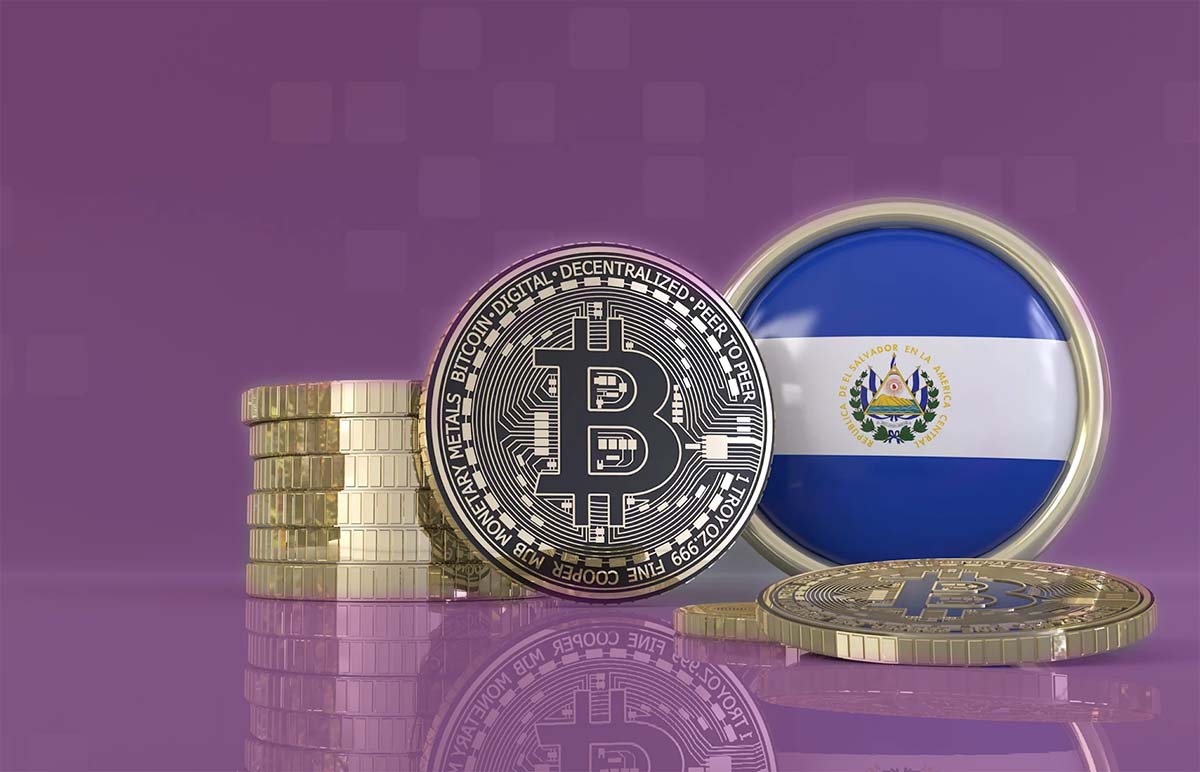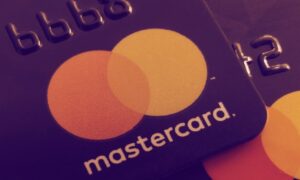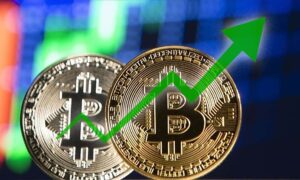As El Salvador prepares to become the first government in the world to recognize Bitcoin as legal money on September 7, there is rising skepticism.
The proposal has been promoted by the administration as a means of boosting economic development and job creation.
According to polls, Salvadorans are unprepared for the shift, and the World Bank has warned against its implementation.
According to analysts, it is a “attention-seeking action” by a “authoritarian administration.”
The historic day next week follows a vote by legislators in June to legalize cryptocurrency.
Businesses will be required to accept Bitcoin or the US dollar, the country’s other legal currency, as payment under the country’s Bitcoin Law.
More than 200 new cash machines are being deployed around El Salvador to allow for the conversion of dollars into Bitcoin.
El Salvador’s government is giving out $30 (£22) in free bitcoins to encourage residents to utilize the country’s national wallet, which can be accessed via an internet app.
Since the announcement of the relocation, El Salvador has been split.
Recent rallies in El Salvador’s capital, San Salvador, have revealed a lack of trust among residents, many of whom are still unfamiliar with cryptocurrency.
According to a survey conducted by Central American University (UCA), just 4.8 percent of the 1,281 people polled knew what Bitcoin was and how it was utilized.
More than 68 percent of those polled stated they opposed adopting cryptocurrency as legal money.
More than two million Salvadoran employees working in other nations send money home to their families. Remittances account for around 20% of the country’s GDP.
Those in favor of the idea have claimed that utilizing Bitcoin may reduce the cost of sending money home.
Others, though, disagree.
“A recent academic article indicated that the exchange fees may end up being considerably higher,” crypto-analyst Glen Goodman cautioned.
“It is also being imposed against the will of small companies.” According to a Chamber of Commerce poll, 82.5 percent of respondents do not wish to receive remittances in Bitcoin, owing to the volatility and unpredictability of its pricing.
“If it is not broken, it is reasonable to question President [Nayib] Bukele as to why he is attempting to repair it.” “I haven’t heard a compelling response yet,” Mr Goodman continued.
According to Neil Wilson, chief market analyst at Markets.com, the country’s poorest are expected to profit the least from the change.
“In terms of economic size, El Salvador is little. “This appears to be nothing more than a publicity stunt by the authoritarian administration,” he added.
“Bitcoin is inherently problematic as a payment method since it is extremely expensive for little transactions.”
Bitcoin, a virtual currency with no direct link to the actual economy, has seen significant price swings over the years.
It plummeted significantly in May as a result of a Chinese crackdown and Elon Musk’s Tesla’s decision to no longer accept it as payment.
However, it has subsequently rebounded, going above $50,000 (£36,000) in late August for the first time in three months.







































